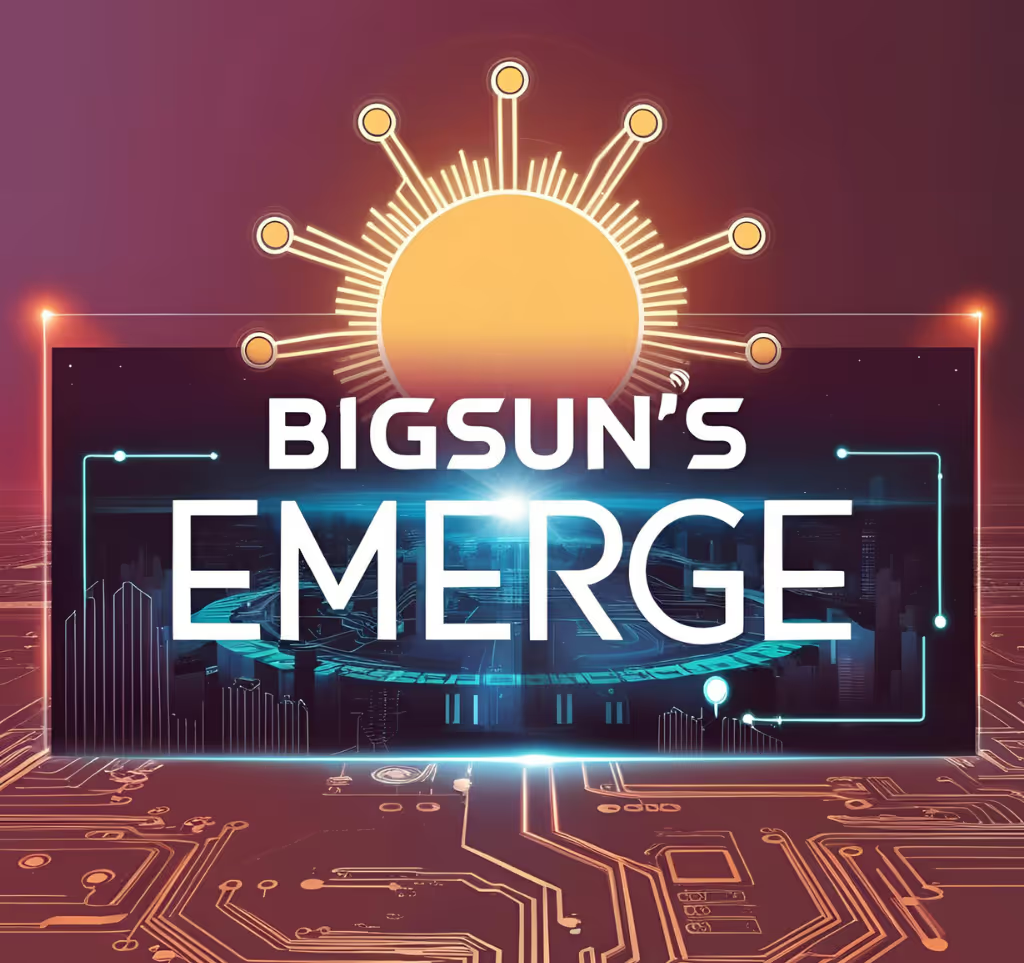What is Blockchain Technology? Advantages & Future of Blockchain
At its core, blockchain technology is a digital ledger that records transactions in a secure and transparent manner. Unlike traditional databases that store information in a centralized system, blockchain uses a distributed ledger technology (DLT), where data is stored across multiple computers (nodes). Each transaction is recorded in a block, and these blocks are linked together in a chain. Hence the term “blockchain.”
How Blockchain Technology Works
1. Transaction Initiation: A user initiates a transaction, which is encrypted and broadcast to a network of computers.
2. Validation and Consensus: Nodes in the network validate the transaction using a consensus mechanism such as Proof of Work (PoW) or Proof of Stake (PoS).
3. Block Creation: Once validated, the transaction is grouped with others to form a block.
4. Linking Blocks: This block is then added to the existing chain in a chronological order, making the information tamper-proof.
5. Secure and Immutable: Once a block is added, it cannot be altered, ensuring transparency and security.
Applications of Blockchain Technology
Blockchain is not limited to cryptocurrencies like Bitcoin. Its applications extend to various sectors, enhancing security, transparency, and efficiency.
Blockchain Technology in Banking:
Banks and financial institutions leverage blockchain to streamline cross-border payments, reduce fraud, and enhance security. Blockchain eliminates intermediaries, allowing for faster and more cost-effective transactions. It also facilitates smart contracts, which automatically execute agreements when conditions are met.
Blockchain Technology in Healthcare:
In the healthcare sector, blockchain ensures secure and efficient management of patient records. Since data is encrypted and immutable, patient information remains confidential and accurate. Blockchain also aids in tracking the supply chain of pharmaceuticals, minimizing the risk of counterfeit drugs.
Blockchain Technology in India:
India is gradually embracing blockchain technology across various industries. Government initiatives such as the use of blockchain in land record management, e-governance, and supply chain transparency are paving the way for wider adoption. The Reserve Bank of India (RBI) is also exploring the potential of a Central Bank Digital Currency (CBDC) using blockchain.
Advantages of Blockchain Technology
1. Enhanced Security and Transparency:
Since blockchain uses encryption and decentralization, data is highly secure and virtually impossible to alter. Each transaction is visible to all participants, ensuring transparency.
2. Reduced Costs and Faster Transactions:
By eliminating intermediaries, blockchain reduces operational costs and speeds up transactions, especially in cross-border payments.
3. Improved Traceability:
Blockchain ensures end-to-end traceability, making it easier for industries like supply chain management and healthcare to track goods and maintain accountability.
4. Decentralization and Trust:
With no single point of control, blockchain fosters trust among participants, making it ideal for industries that require secure and transparent information sharing.
Limitations of Blockchain Technology
1. High Energy Consumption:
Consensus mechanisms like Proof of Work (PoW) require significant computational power, leading to high energy consumption.
2. Scalability Challenges:
As the number of transactions increases, the network can become slower and less efficient, making it difficult to scale.
3. Regulatory Uncertainty:
Blockchain operates in a relatively unregulated environment, creating uncertainty for businesses and investors.
4. Complexity and Adoption Barriers:
Despite its potential, blockchain is still a relatively new technology, and many organizations face challenges in understanding and implementing it effectively.
Future of Blockchain Technology
The future of blockchain technology looks promising, with continuous advancements aimed at addressing its limitations. Moreover, governments and industries worldwide are investing heavily in blockchain research and development.
In India, the adoption of blockchain is expected to grow significantly in areas such as supply chain management, identity verification, and financial services. As regulatory frameworks become clearer, the potential for blockchain to drive innovation and efficiency across industries will only increase.
Importance of Blockchain Technology in the Modern World
Blockchain is more than just a technological buzzword. It is a powerful tool that can redefine how industries operate. Its ability to ensure security, transparency, and efficiency makes it indispensable for sectors ranging from finance to healthcare. As adoption increases and technology evolves, blockchain has the potential to transform the way we conduct business and manage information.
In conclusion, blockchain technology is poised to become a cornerstone of the digital future. By understanding its applications, advantages, and limitations, businesses and individuals can harness its potential to create a safer, more efficient world.



